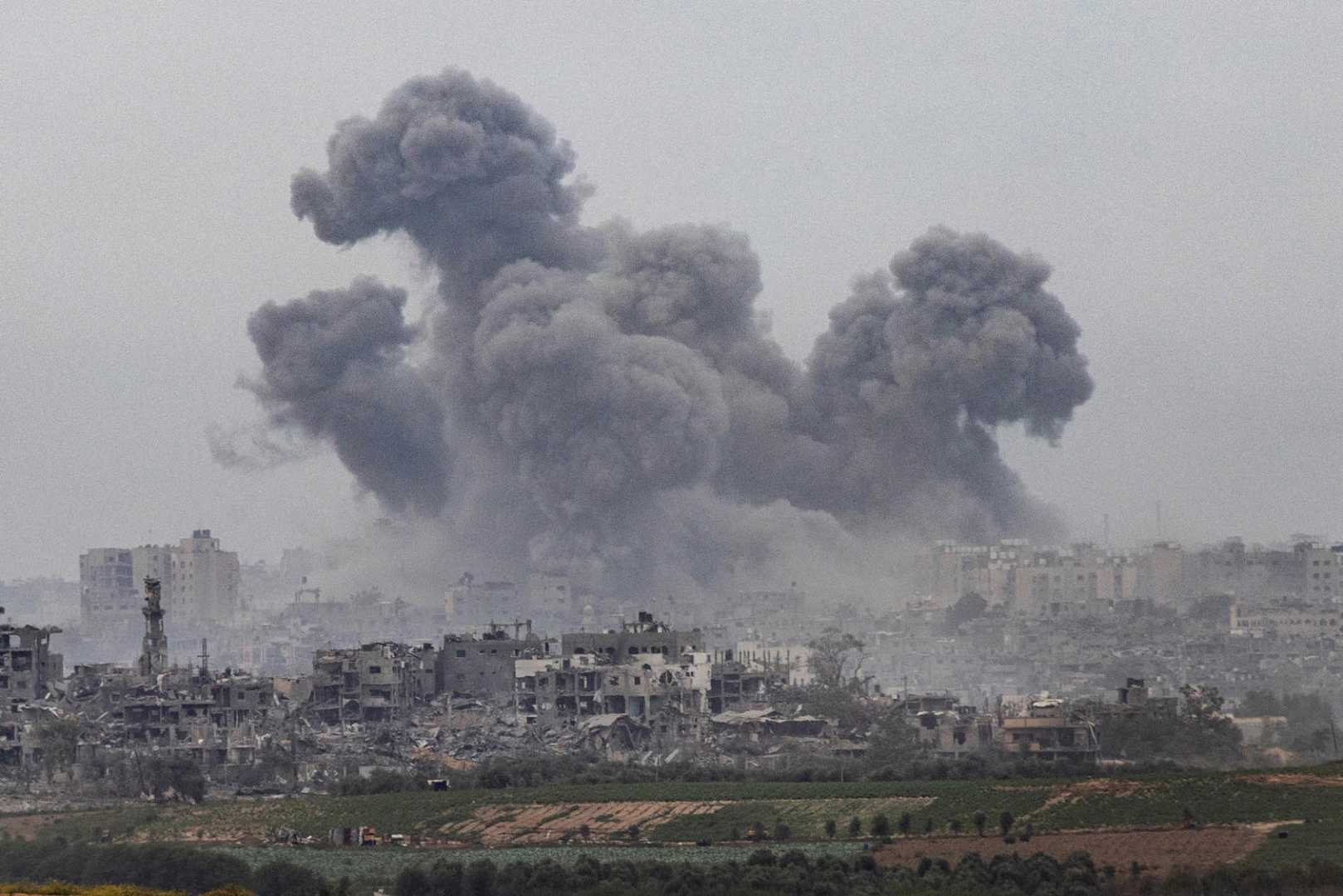World
Tensions Escalate in the Middle East: A Year After the October 7 Attacks

On October 7, one year after the deadly act committed by Hamas fighters that claimed over 1,200 Israeli lives, the region stands at a critical junction. The ensuing year has seen unprecedented turmoil and violence across the Middle East, with significant implications for international relations and regional stability.
In response to the initial attacks, Israel‘s military retaliation has reportedly resulted in the deaths of more than 41,000 Palestinians in Gaza. This escalation has been coupled with an increase in state and settler violence against Palestinians in the occupied West Bank and has sparked a broader military engagement that includes an invasion of Lebanon and hostile exchanges with Hezbollah.
Yezid Sayigh, a Palestinian writer and senior fellow at the Carnegie Endowment for International Peace’s Malcolm H. Kerr Middle East Center, highlighted the complexities of these developments in a recent interview. Sayigh emphasized that Israel’s actions over the past year have been heavily influenced by Prime Minister Benjamin Netanyahu‘s political motivations. “A significant portion of Israel’s strategy,” Sayigh explained, “has been driven by Netanyahu‘s desire to retain power amidst corruption charges, which necessitates maintaining alliances with far-right political elements.”
Sayigh criticized the lack of a cohesive political strategy accompanying Israel’s military efforts, suggesting that ongoing actions have merely evolved reactively. This situation, according to Sayigh, has inadvertently led to an ambitious yet directionless approach towards a broader conflict in the region, including potential retaliatory moves against Iran and the Houthis in Yemen.
Reflecting on Hamas’s strategic miscalculations, Sayigh noted the organization’s apparent expectation of sparking a significant regional uprising against Israel. However, the actual outcome has been contentious, as Sayigh observed, “Hamas failed to anticipate the catastrophic humanitarian toll its actions would bear, both on civilians in Southern Israel and in broader geopolitical terms.” Furthermore, the lack of coordination with allies such as Hezbollah and Iran prior to the attacks has deeply affected regional dynamics.
In Israel, societal reactions are varied. Public protests and divisive political opinions have emerged, with some calling for continued military action against Hamas, while others demand a cease-fire and the release of hostages. This divide is mirrored within Israel’s political landscape and influences its strategic calculations.
The interview also underscores the broader destabilization in the Arab world, which has transformed the geopolitical landscape. Many Arab nations, previously swayed by public sympathy for Palestine, have politically insulated themselves from the repercussions of the conflict, altering traditional alliances and constraints.
This ongoing crisis has left little room for diplomatic dialogue, and the prospects for peace remain dim as longstanding issues predate the October attacks. The interplay of strategic interests, notably among regional powers and global superpowers, continues to shape events, with the potential for further escalation looming large in the coming months.












